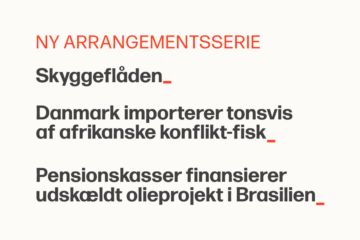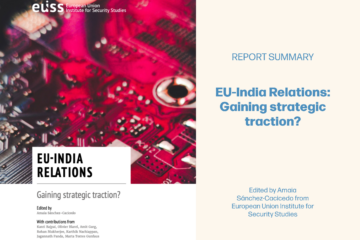Report Summary: Unpacking ‘new climate wars’: Actors and Drivers of Conflict in the Sahel
Unpacking ‘new climate wars’: Actors and Drivers of Conflict in the Sahel. By Signe Marie Cold-Ravnkilde and Boubacar Ba. Danish Institute for International Studies, 2022, 70 Pages. Link to full report.
As violence and insecurity increase and the situation in the Sahel deteriorates further, understanding the main causes and drivers of the conflict is of growing importance. With this increase comes the growing assumption that climate change is the main cause, leading to the emergence of notions such as ‘climate wars’ and ‘environmental wars’. This report seeks to provide nuance to this claim, arguing that although climate change has exacerbated the conflict, it is not the primary cause of violence in the Sahel. Rather, conflict arises from the presence of armed groups, jihadist insurgencies, and military interventions with diverging political and ideological agendas.
Mali’s multilayered security crisis began in 2012, when, after the fall of the Gaddafi regime in Libya in 2011, a loose coalition of Tuareg separatist rebels and several jihadist groups took control of Mali’s northern regions and declared its independence. This set off a period of conflict, with violence perpetrated by jihadist groups and international attempts at military interventions. The report further contextualizes Mali’s conflict, outlining the history of the Mopti region and its many groups and identifying their roles in past and present conflict.
The report maps the key actors driving violence in the Mopti region (the region of Mali located in the Sahel), including jihadist groups, self-defense militias, and state security defense forces, as well as how external interventionist militant groups supported from abroad contribute to the violence. Additionally, the report highlights the role played by local conflicts over control of and access to land, drawing on specific case studies. It argues that armed groups, and not climate change, are the primary drivers of land-related issues, such as food shortages and population displacement.
Finally, the report discusses future scenarios for how climate change may affect and exacerbate conflict over the control of natural resources. It details attempts at negotiation with the jihadists, as well as internationally-supported local peace agreements. It provides suggestions for the Malian government to mitigate climate-related issues, and describes plans for development projects sponsored by the international community to aid local farming communities.
This summary is written by Anna Thomsen, Intern at the Danish Foreign Policy Society on a Metcalf Research Grant from the University of Chicago and undergraduate student at the University of Chicago studying Political Science and Eastern European Studies, with a focus on the Balkans as well as the Russia-Ukraine war.


